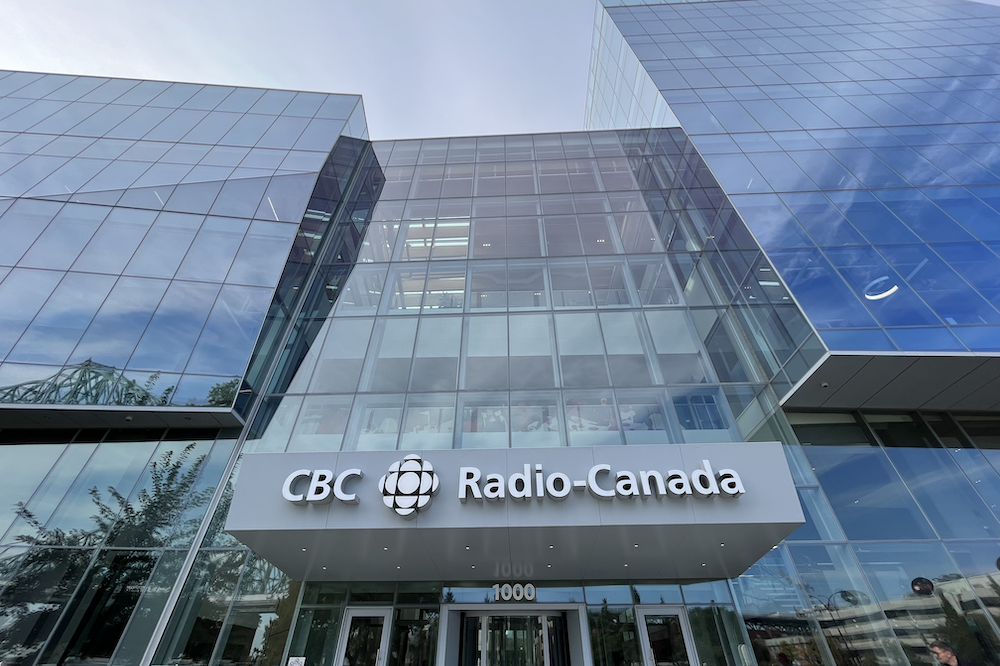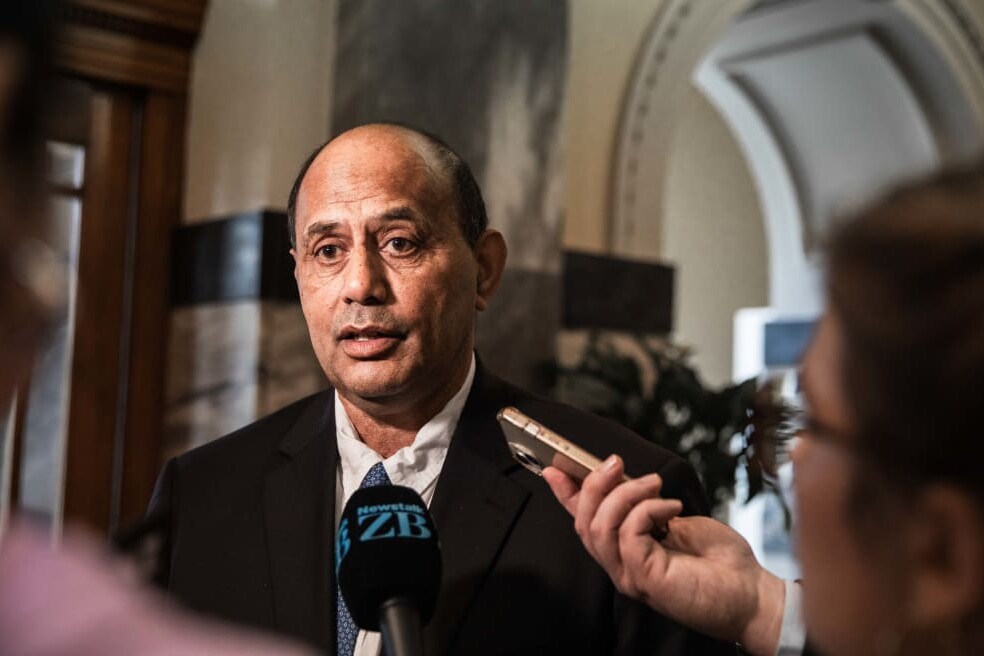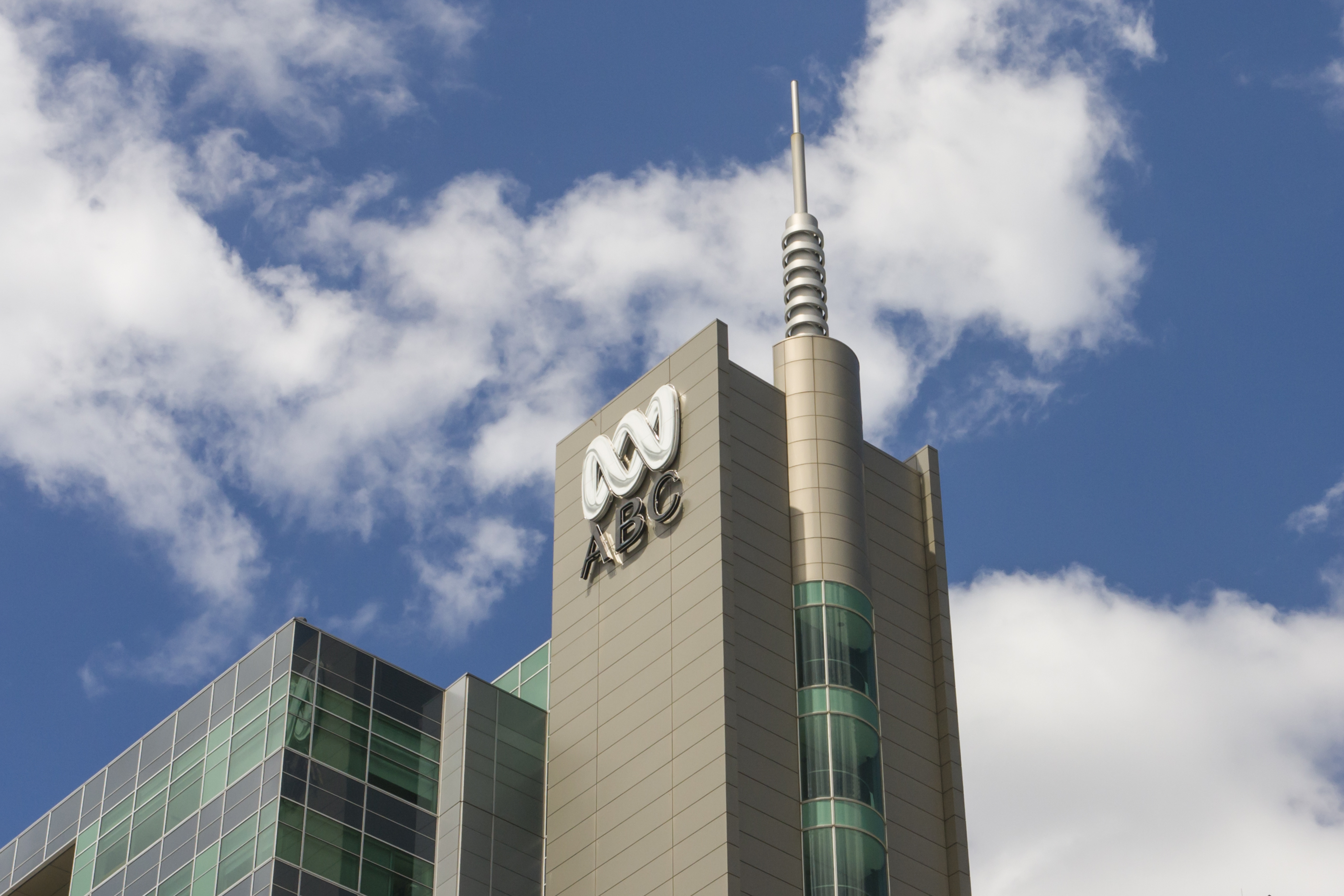Australia & NZ confront big tech as media crisis grows
7th March 2024
The Australian government has threatened action against Meta after it said it would stop paying Australian publishers for news content, while in New Zealand, media organisations are pleading with the government to make similar moves there, after a torrid week that saw hundreds of job losses announced.

IN BRIEF:
- Meta, the owner of Facebook, said it would not renew deals with Australian news companies for the use of their content, provoking an angry response from the government.
- In New Zealand, which is considering similar laws, media organisations are calling for the government to do more to take on Meta and Google after a week that saw several dire announcements for the media.
IN FULL:
The Australian government has threatened action against the US tech giant Meta, after it said it would stop paying Australian publishers for news content, a move the prime minister called “un-Australian.”
The move came as debate intensified over the role of tech giants in New Zealand, where media organisations have pleaded with the government to support similar regulations after a torrid week that saw hundreds of redundancies announced at three companies.
Changes to media bargaining code
In Australia, Facebook and Google signed dozens of deals worth about A$200m to avoid being “designated” under the Australian government’s bargaining code, a world-first regulation that was introduced in 2021. Had they not inked the deals, the platforms would have been forced to negotiate with publishers over their content.
But Meta last week announced it will not renew the deals when they expire in April, reigniting a debate about how media companies should be compensated when sites such as Google News and Facebook use their material.
“To ensure that we continue to invest in products and services that drive user engagement, we will not enter into new commercial deals for traditional news content … and will not offer new Facebook products specifically for news publishers in the future,” Meta said in a blog post.
“We know that people don’t come to Facebook for news and political content – they come to connect with people and discover new opportunities, passions and interests.”
The fallout was swift, with the announcement triggering immediate fears for the future viability of news in both private and public media. At the ABC, managing director David Anderson said in an email to staff that the deal was responsible for 60 jobs in regional centres, and the announcement would be concerning for staff in those areas.
“The loss of this revenue would create a financial challenge for the ABC that would need to be resolved on a whole of ABC basis, and we will continue to work with the government,” he said, adding, “the ABC remains absolutely committed to journalism in regional, rural, and remote Australia.”
Nine, which owns a commercial free-to-air TV network as well as newspapers including The Sydney Morning Herald, said Meta needed to negotiate in good faith for fair compensation.
“Meta is using its immense market power to refuse to negotiate, and the government is right to explore every option for how the Media Bargaining Code’s powers can be used,” chief executive Michael Miller said.
The Australian prime minister, Anthony Albanese, said he was “very concerned” about the move and his government would “work through all available options under the News Media Bargaining Code.”
“Journalism is important and the idea that research and work done by others can be taken for free is simply intolerable,” Albanese said. “We will respond in the national interest.”
The communications minister, Michelle Rowland, and assistant treasurer, Stephen Jones, called Meta’s decision a “dereliction of its commitment to the sustainability of Australian news media.”
“The government has made its expectations clear. The decision removes a significant source of revenue for Australian news media businesses. Australian news publishers deserve fair compensation for the content they provide,” they said in a joint statement.
Listen toour podcast
Uncovering and exploring the biggest
issues facing public media
NZ eyes up similar regulations
Meta has been shunning the news business worldwide of late, cutting back news feeds in markets including Canada, the UK, France and Germany. But Google, which signed deals with 70 news businesses in Australia, has begun negotiations with some companies to extend deals, according to a report in the Financial Times.
The moves in Australia are being watched closely on the other side of the Tasman Sea, where New Zealand’s parliament is considering a proposed law – the Fair Digital News Bargaining Bill – which would enforce similar provisions there.
It was introduced by the previous Labour government but has been supported to select committee by the new centre-right government. The bill has been positioned, in part, as a replacement for the contentious Public Interest Journalism Fund, which had been criticised from some quarters for bringing the state too close to journalism.
At a select committee hearing last month, media organisations – both public and private – described it as a way to level the playing field with big tech companies, amid plummeting advertising revenue.
“If we don’t tell and own our stories, if New Zealanders don’t have a range of media to come to … they will get the information from somewhere else and it will break our democracy,” the chief executive of RNZ, Paul Thompson, told the committee. RNZ is publicly funded and does not carry advertising.
The executive editor of publicly owned but commercially run TVNZ, Phil O’Sullivan, said Google “scraped” local news content for search results with impunity, with local media organisations receiving no financial benefit despite paying to produce it.
The chief executive of the commercial news organisation, Stuff, Sinead Boucher, said 93 percent of people searching for Stuff content on Google remained on Google’s products, with only 6.5 percent clicking through to the website.
“What is fair about one company creating all of the content but another company extracting all of the value?”
Neither Meta nor Alphabet, Google’s parent company, appeared before the select committee, but in written submissions they both argued the bill was unfair and misunderstood how their platforms worked.
“This is looking increasingly like an extinction-level event” – Stuff chief executive Sinead Boucher
But Boucher said she had spoken to several media executives who said their companies were “clinging on by their fingertips,” and developments with artificial intelligence would likely make it worse.
“This is looking increasingly like an extinction-level event,” Boucher said.
Job losses mount
That harbinger of doom has become more acute in the past two weeks, with hundreds of job losses announced at both state-owned and private media companies.
It started when the owner of TV3, Warner Bros. Discovery, announced that it would end the Newshub brand in June, closing the entire newsroom and its suite of bulletins and programmes. Around 200 staff are set to lose their jobs.
That would leave state-owned TVNZ as the sole mainstream television news provider, but the picture there is grim, too. Last week, it announced a NZ$16.8 million loss for the second half of 2023, with revenue falling by 13 percent. (Whakaata Māori continues to air its Te Ao news bulletins).
Then, on Wednesday, the broadcaster proposed shedding 68 jobs – or 9 percent of its total workforce – with significant reductions in news and current affairs. The arts magazine, The Pantograph Punch, also announced that it will cease publishing.
The past two weeks have intensified the pressure on the new National Party-led government, which has been largely ambivalent about the pressures faced by the media.
The Party went into the election six months ago with no media policy of its own, other than opposing initiatives like the bargaining bill and the proposed merger of TVNZ with RNZ, which was developed – and then scrapped – by the previous Labour government.
Luxon described state intervention to save private media companies as “highly unlikely,” though he said he would wait for the select committee to report back in May before deciding if his government would support the Fair Digital News Bargaining Bill. In recent weeks, communications minister Melissa Lee has slightly softened her stance towards the bill.
IAfter the Newshub announcement, Lee was criticised for what was seen as a cold response to the loss of hundreds of jobs, or a perceived lack of interest in helping to develop a solution. The prime minister, Christopher Luxon, was also criticised after saying the media had lacked innovation.
The Bill does have its critics, and the New Zealand media only has to look next door to Australia to see that the process has been far from smooth, something Luxon pointed out at a news conference this week. A similar law in Canada has also seen Facebook make good on a threat to withdraw from news.
Meanwhile, Meta’s announcement that it will stop paying Australian publishers has raised concerns about president Joko Widodo’s plan to support Indonesian media, which would have required digital platforms to pay media outlets that provide them with content.
Related Posts
26th April 2023
New Zealand: What’s the government’s post-merger media plan?
After New Zealand's government decided…
19th February 2021
Facebook restricts content from Australian news sites
Facebook has announced that it will…



